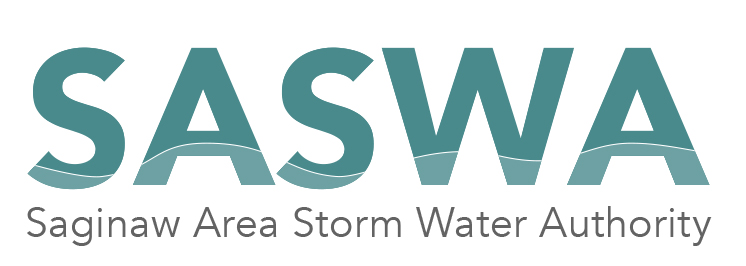Water Friendly Winter
Michigan winter weather is notorious for being unpredictable. It can snow a foot one day and be warm and sunny the next day. These fluctuations bring lots of slush and snowmelt. Although seemingly harmless, this snowmelt has the potential to pollute our natural waters.
Snow containing dirt, salt, antifreeze, trash, or other debris will melt on warm days and transport those pollutants directly into the storm water system, which then directly outlets into local lakes, rivers, and streams. Salt, antifreeze chemicals, and trash can make aquatic environments inhospitable to plant and marine life. Not to mention, high volumes of snowmelt along with accumulated sand and other debris create flooding, which overflows stormwater systems and can create stream bank erosion.
To limit the amount of contaminants entering the storm drain and depositing into natural waters, it is important to be extra considerate with typical winter habits. Here are some easy practices to implement into your winter routine to play your part in protecting natural waters.
When shopping for de-icing products, look for natural ingredient labels and pick environmentally friendly products.
Use salt only after shoveling and avoid using excessive amounts on your driveway, instead, use them sparingly.
Store all salts and de-icing products under a roof to limit polluted runoff.
Try to shovel snow onto the yard; snow will then melt on the grass instead of the concrete, allowing the more permeable grass absorb some of the snowmelt and filter salt or other debris.
After the snow melts, sweep the driveway to ensure all salt and sand is cleared from the area. With this practice, the salt or sand could be reused, saving time and money.
When winterizing your vehicle, ensure all anti-freeze is disposed of correctly and securely. Check for and clean up any leaks or spills.




